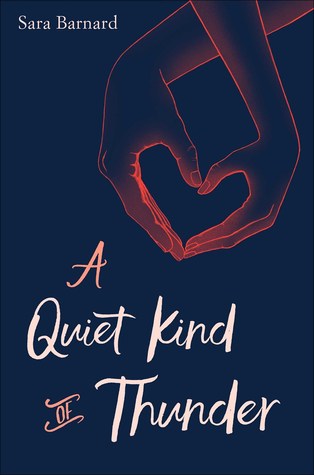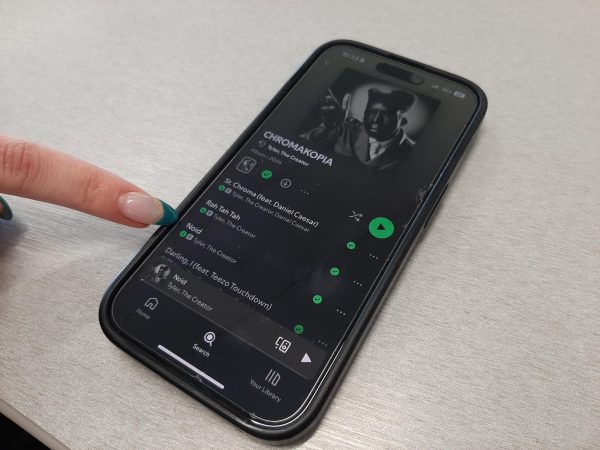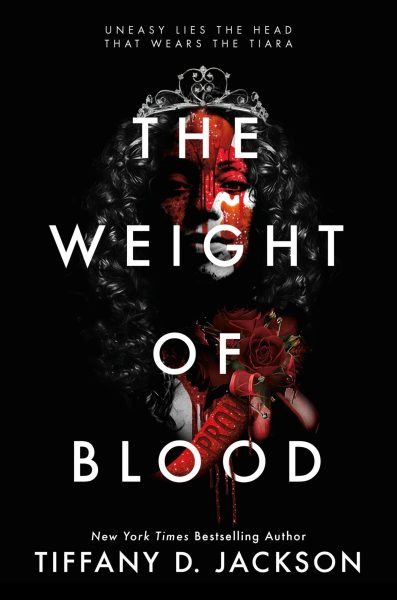A Quiet Kind of Thunder by Sara Barnard

A Quiet Kind of Thunder by Sara Barnard
In A Quiet Kind of Thunder, Sara Barnard brings us the story of a girl who struggles to speak and boy who is unable to hear as they learn what it takes to truly connect.
Perfect for fans of Jennifer Niven and Jenna Evans Welch, this story brings us into the life of Steffi Brons, a 16-year-old British girl who has spent most of her life as a selective mute. Despite having fully functional vocal cords, Steffi often finds herself completely unable to speak. Her condition may label her mutism as selective, but her voice controls her more than she controls it. When she was little, she could barely speak at all. Now as a teenager, Steffi can speak more freely, but her crippling social anxiety holds her back — she’s been silent for so long that she feels completely invisible.
Enter Rhys Gold. He’s the new kid in school, he’s deaf, but most importantly, he sees Steffi. To Rhys, it doesn’t matter that she doesn’t talk. For Steffi, Rhys is just about the only person who’s ever really listened. Rhys makes her feel brave in ways she never has before, and with his help she just might find the strength to use her voice.
To start off, I’d like to get my very few complaints out of the way. The pace was a little slow, the characters occasionally over dramatized their situations, and the plotline was a tad mellow for my taste. Having said all that, however, let me now state that this book was truly something special. The whole thing was just so genuine and real, and I loved loved loved how Barnard dealt with the issue of mental illness. It was truthful and respectful, and I applaud her for it. Our narrator was equally informative as she was expressive, and managed to still be self-aware even among her self-deprecation. There was descriptive, genuine information about Steffi’s mental disorders and nothing was glossed over or ignored.
As someone who deals with social anxiety myself, it was incredibly refreshing to see a realistic depiction of a narrator facing the same sort of challenges. Throughout it all, Barnard made it very clear that Steffi was an incredibly flawed, deeply anxious girl with a laundry list of issues, but in the end she was still okay. Her issues were a part of her and yes, they were debilitating, but they did not have the power to destroy her. I adored watching Steffi grow throughout the story. Her character development was slow and complicated, but I was both proud and satisfied watching it unfold. I loved that her voice didn’t magically just appear after meeting her dream boy, and I loved that everything wasn’t automatically perfect once they got together. Her romance was a helping hand, not a dependent crutch.
The love between Steffi and Rhys was one of the most adorable and pure connections I’ve seen in a long time. Because of each of their communicative disabilities, their conversations were often presented in a hodgepodge of written notes, sign language, text messages, and actual spoken words. The writing was unconventional, but that’s part of what made their story work so well. Here were two people who had never had the chance to live conventional lives, so it only made sense that their romance was unconventional as well. I spent so much of my time reading this book just smiling because the dialogue between those two was so adorable. They were awkward and they were nervous and they made mistakes and were just trying to figure everything out and it was so, wonderfully real. What I loved most about their relationship was how much they supported each other. It was never one sided, and they both did so much to help the other grow.
Overall, the book was cute and sweet and genuine, and I loved it. It was a little lacking in excitement, but it made up for it in heart. I would recommend this book for any teen looking for a love story to tug on their heart strings.
Katie Thompson is a 2017-2018 member of the Teenreads.com Teen Board. This is her third review for Teenreads.com.





